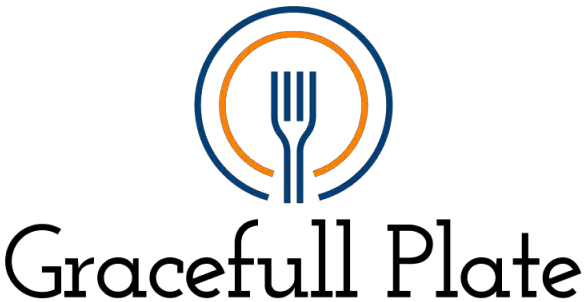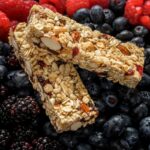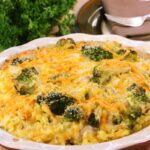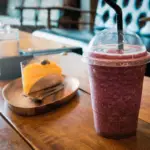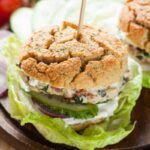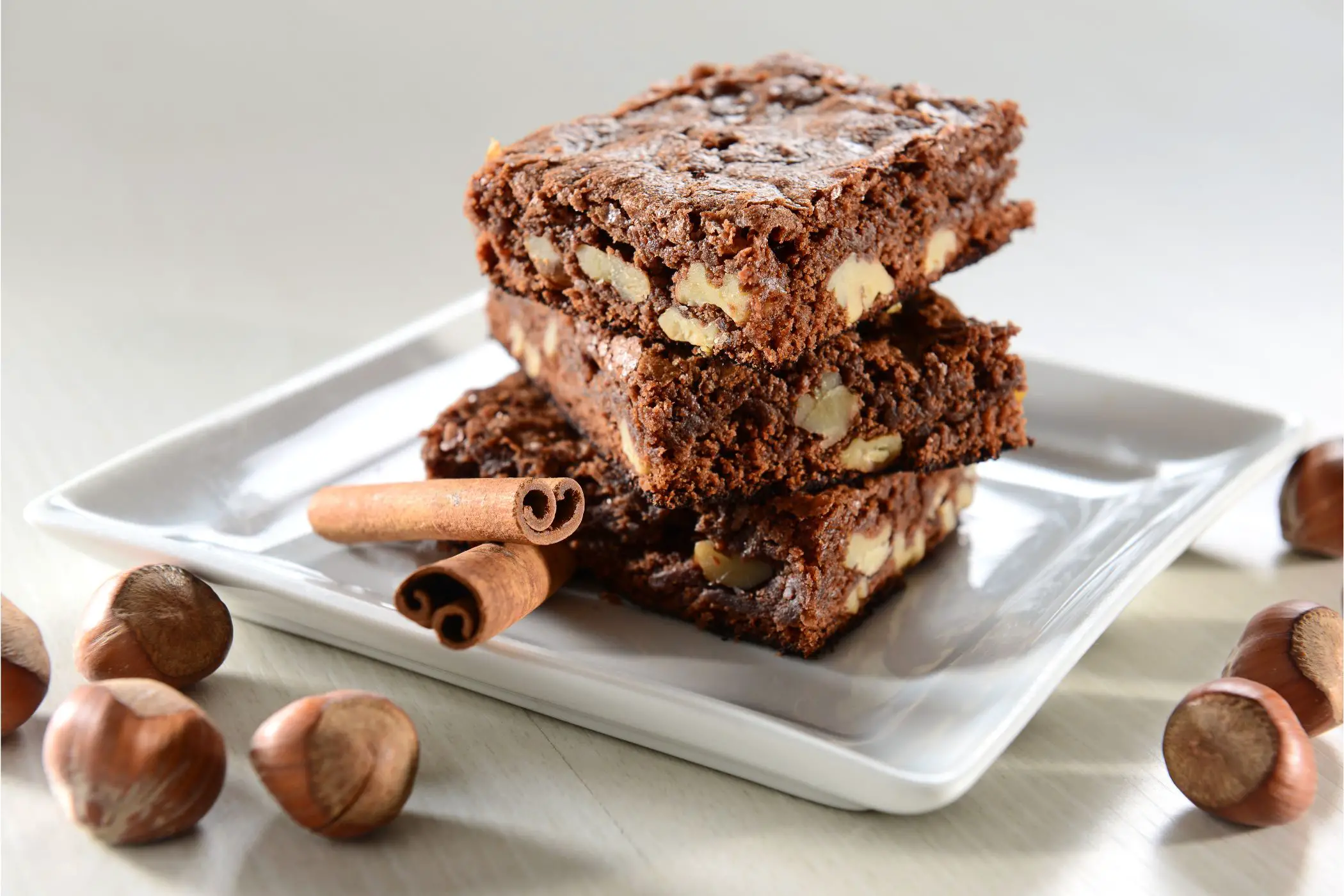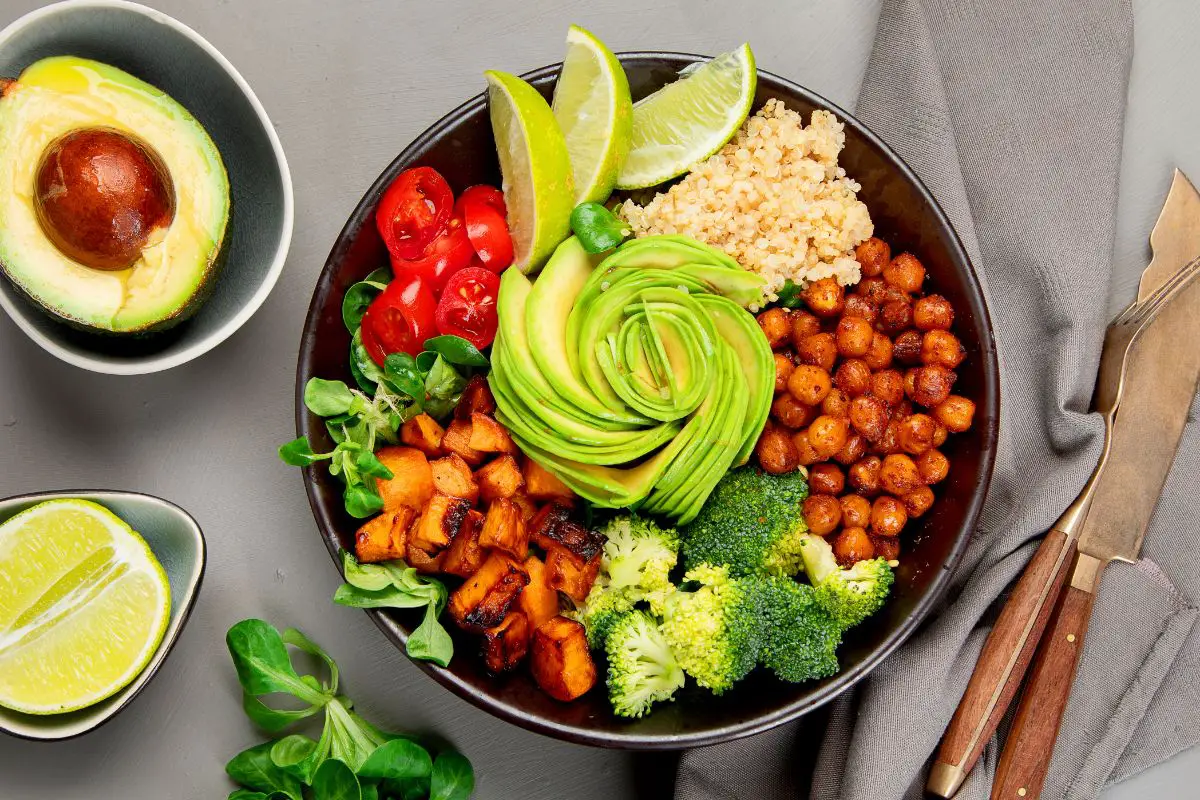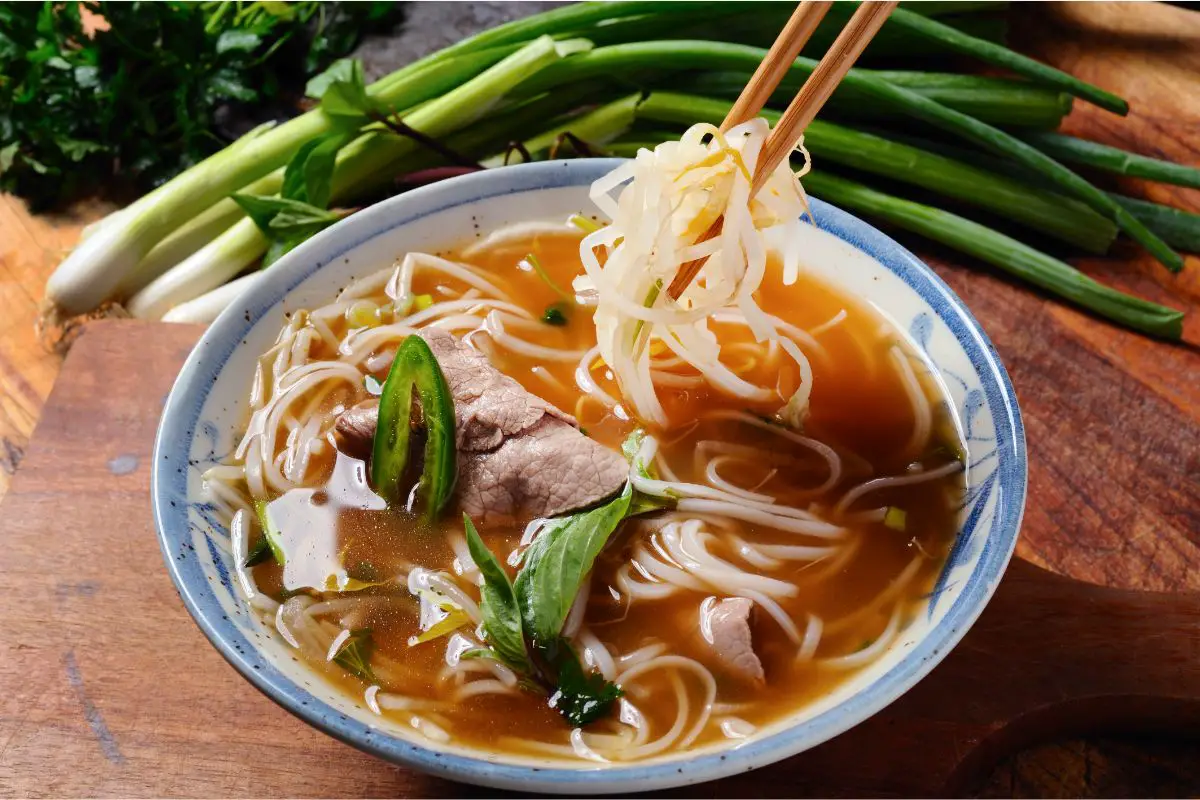It’s important to find a diet that works for you. This is particularly true for athletes. After all, the food that they consume acts as fuel for their athletic performance.
The gluten-free diet is growing in popularity. More and more people seem to be following this diet, which cuts out gluten from the food that they consume.

If you’re an athlete, you may be wondering whether or not you can benefit from a gluten-free diet.
While a gluten-free diet is necessary for some athletes, others are merely choosing this diet. But is it ideal for athletes? Let’s find out!
What Is The Gluten-Free Diet?
The gluten-free diet is designed primarily for people who suffer from celiac disease.
Also known as gluten intolerance, this condition means that the sufferer is unable to properly consume gluten.
Whenever they consume gluten, the individual will experience constipation, diarrhea, and other unpleasant symptoms.
To prevent this, people who suffer from celiac disease are removing foods from their diet that contain gluten.
This includes pasta, bread, cakes, cereals, and most baked goods. This is known as a gluten-free diet.
Is The Gluten-Free Diet Ideal For Athletes
Some people have assumed that gluten-free diets will be ideal for athletes. Some well-known athletes, such as Serbian tennis star Novak Djokovic, have endorsed the gluten-free diet.
These athletes have claimed that the diet aids their performance.
But the truth is that there is limited scientific evidence to suggest that the gluten-free diet truly improves athletic performance.
In fact, some dietitians have even claimed that the diet could hinder this performance.
The reason for this is that it’s hard to find healthy sources of carbohydrates when you follow a gluten-free diet.
Athletes need to eat plenty of carbs, as these foods act as fuel. Without these healthy carbs, many athletes will struggle to have sufficient energy.
Of course, if you suffer from celiac disease or a dietitian has recommended a gluten-free diet, you should follow it.
It will be necessary for many athletes to obey this dietary trend, as they may be unable to properly digest gluten.
If so, these athletes may need to turn to healthy gluten-free carbohydrates, such as starchy vegetables.
Dietary Considerations For Athletes
Now that you know that gluten-free diets aren’t always ideal for athletes, you may be wondering how they can develop a suitable diet.
Here are the main factors for athletes to consider when planning a diet:
Calories
Generally, it’s advised that athletes consume more calories than the average person. The reason for this is that they will burn more calories through their activity.
Most athletes need to consume at least 2,000 calories per day. Therefore, you should ensure that you are hitting this calorie consumption when deciding what to eat.
Carbohydrates
As mentioned, athletes need to eat lots of carbohydrates. Without it, they may lack fuel.
Athletes should consume healthy carbs, such as brown rice, oats, quinoa, bananas, sweet potatoes, and whole-grain pasta.
Protein
Protein is essential for athletes. Because they contain amino acids, proteins are required to build and repair muscles.
Therefore, if you injure a muscle, it can take a lot longer to heal if you don’t consume enough protein.
Protein is especially important for weightlifters. The reason for this is that it helps them to build lean muscle and can increase strength.
Good sources of protein for athletes include eggs, lean chicken, fish, soy, Greek yogurts, and nuts.
Vitamins And Minerals
Vitamins and minerals are nutrients that are essential for everyone, including athletes. These vitamins and minerals offer a whole host of benefits, such as strengthening the immune system.
To increase your vitamin content, you should consume plenty of fruits and vegetables.
Dietary Requirements
Whenever you’re planning a diet, you must take into account dietary requirements. These requirements can take lots of different forms.
For instance, you can have ethical or religious requirements. Thus, your diet may be vegan, vegetarian, or halal.
Alternatively, athletes may have food allergies or intolerance that need to be factored into their diet.
For instance, you could be lactose intolerant, meaning that you must design a diet that doesn’t contain any dairy products.
Is The Gluten-Free Diet Right For Me?
If you’re an athlete who is thinking of committing to a gluten-free diet, it’s important that you only pursue these dietary guidelines if you think that you could benefit from them.
The main thing that you need to question is whether you suffer from gluten intolerance or celiac disease.
People who have celiac disease suffer from multiple symptoms, including indigestion and abdominal pain.
If you believe that you suffer from this condition, it’s best to go to a doctor or dietitian.
Many athletes needlessly self-diagnose, meaning that they end up having a diet that may not be appropriate for them.
Medical professionals can diagnose this health problem and help you to devise a suitable diet.
If you don’t suffer from any of the symptoms linked to celiac disease, then you likely don’t need to cut gluten from your diet.
As mentioned, there is no real reason for athletes to have this diet unless they suffer from celiac disease.
Frequently Asked Questions
What Do Gluten-Free Athletes Eat?
Many gluten-free athletes consume healthy foods that are naturally free from gluten, like:
- Rice
- Starch vegetables, such as sweet potatoes
- Quinoa
- Millet
- Fiber-filled fruits and vegetables, including apples, pears, and broccoli
- Corn
- Lentils
Can You Build Muscle On A Gluten-Free Diet?
Yes! You can easily build muscle if you’re gluten-free. To achieve your fitness goals, you should eat plenty of protein. Eggs, lean poultry, almonds, and fish are all high in protein.
If you’re struggling to eat enough protein, protein shakes can be an outstanding option.
Final Thoughts
Many athletes follow a gluten-free diet. The main reason for doing this is that the diet may be necessary.
Few athletes will purposefully maintain a gluten-free diet to improve their performance. After all, this diet will likely hamper their athletic performance rather than enhance it!
- How To Make A Paleo Detox Smoothie: Berry Cherry Green Edition - April 18, 2023
- How To Make Spicy Paleo Paprika And Thyme Veggie Fries - April 18, 2023
- 15 Mouthwatering Keto Apple Recipes You Need To Try Today - April 18, 2023
